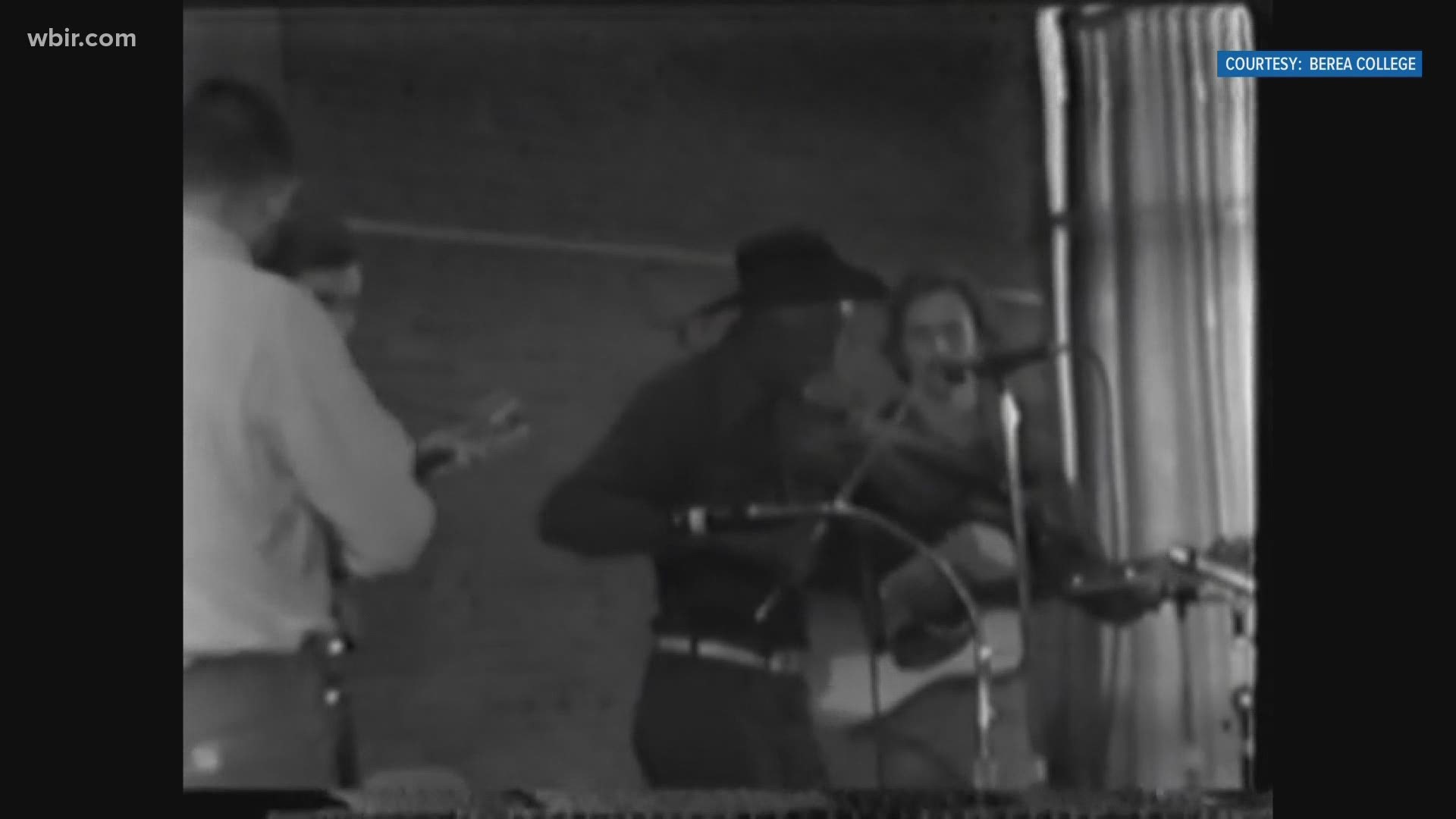KNOXVILLE, Tenn. — Appalachian music is a large part of Tennessee's culture, but not much is known about where it comes from.
From what most people understand, it has European influences, demonstrated through English ballads and Irish and Scottish traditional music. Its history, though, is much richer and has roots in African American culture.
Ted Olson and Bill Turner are co-hosts of a new podcast called "Sepia Tones: Exploring Black Appalachian Music" that's working to bring greater awareness around the history.
Olson said he recognized the need for more education when he met people of African American backgrounds in Appalachia.
"They had cultural experiences that were different from anything I had," Olson said. "Through getting to know them, I realized that a lot of representation of Appalachia doesn't take into account their experiences in Appalachia."
In their podcast, Olson and Turner discuss the significance of the banjo instrument, formerly known as the "banjar." Olson said the instrument found its way into Appalachia as early as the 1790s and was mainly played by enslaved Africans. White Americans then imitated them, which led to the start of the minstrel show tradition.
"Whites started imitating Blacks in terms of language and music and storytelling in a very constructed, formulaic entertainment system," Olson said. Scholars say that's when the banjo was passed from African American ownership to an instrument that was co-opted by those of European descent.
"African Americans eventually gravitated away from the banjo because of the symbolic representative nature of the instrument," Olson said.
The use of the "banjar" in these blackface shows eventually led to the rise of what was called "hillbilly music," which was soon rebranded as country music, said Turner.
That was possible because of the "culture brokers" who held the power over minstrel shows. They were able to set the rules and control the dissemination of music, Olson said.
"That music was marketed on records and in song books and later on in radio and life performance consciously toward White audiences," he said.
Despite Appalachian music's challenging history, Olson said Black artists have been able to reclaim their music, and today, they're gaining more recognition.
"Black country artists are finally getting acknowledgement and are up for awards. This is them pushing back at those in power trying to define the music as belonging to any one group, when it obviously belongs to all of us," Olson said.
Turner said it's a step in the right direction.
"Creative artists are accepted for who they are, for the language they use. They don't sanitize it, and they don't Europeanize it. They do it the way they do it."
You can listen to episodes of the podcast on all major streaming services, including Apple, Google and Spotify.
You can listen to the first episode here.

